We work with many organisations to ensure you are safe and can obtain advice and support when you need it.
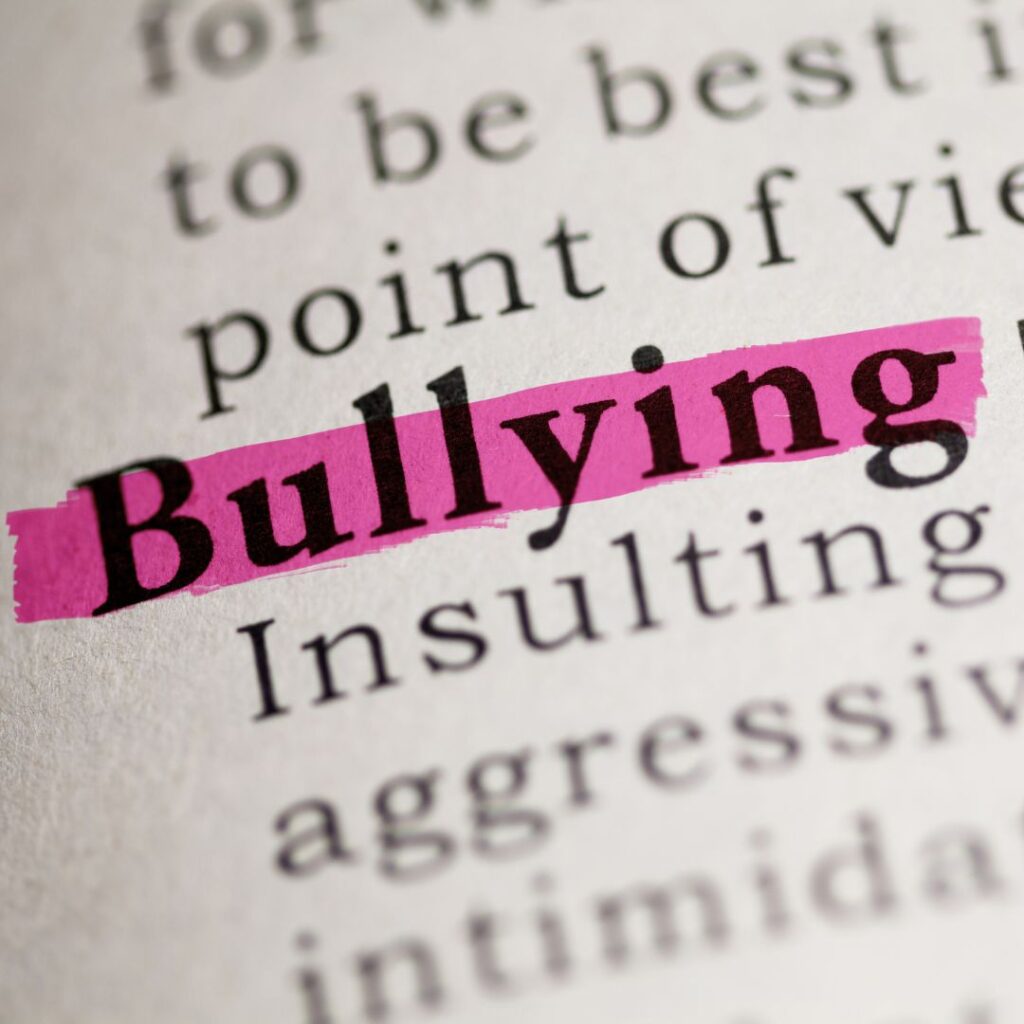
BULLYING
Bullying is usually defined as a pattern of behaviour that is intended to hurt someone, either emotionally or physically and is frequently directed at specific people because of their race, religion, gender, sexual orientation, or any other factor, such as their appearance or disability.
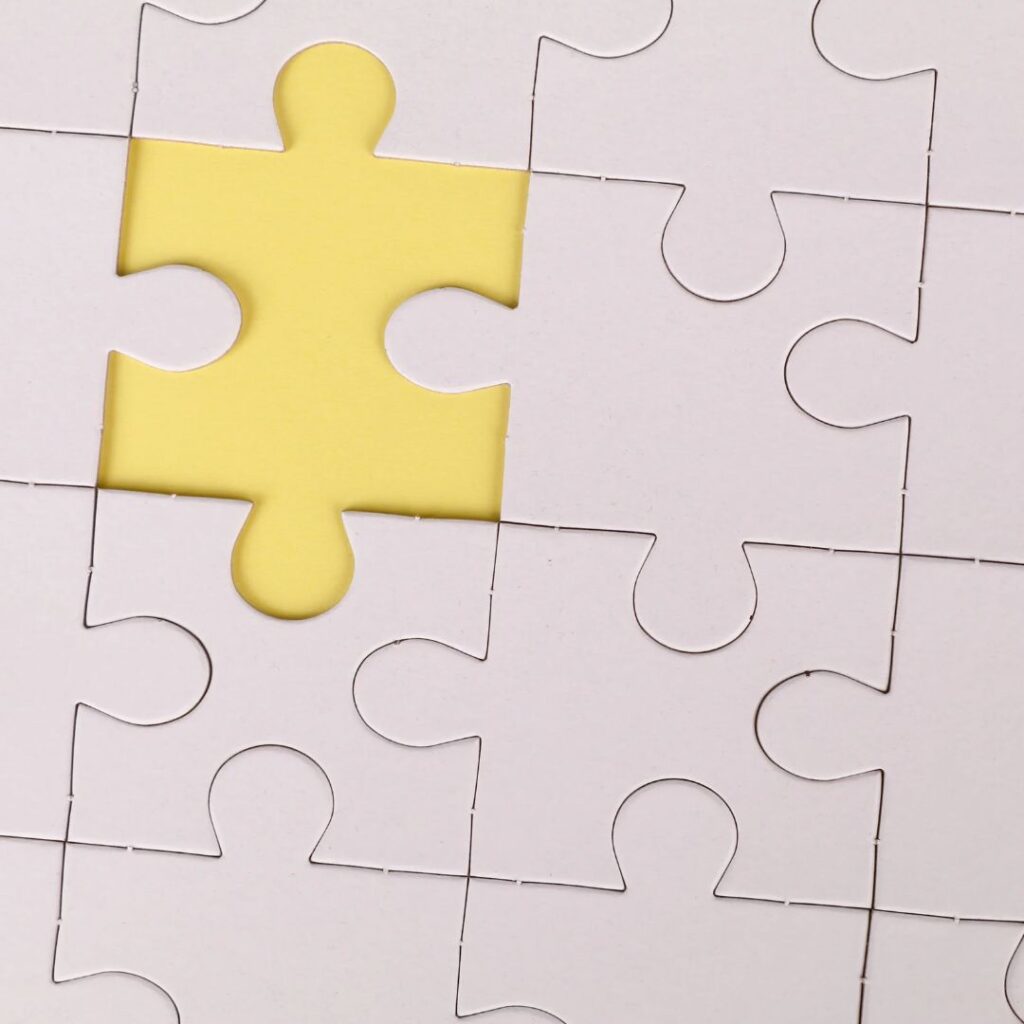
CHILDREN MISSING FROM CARE OR HOME
Local governments have a key responsibility to protect and promote the welfare of children, which necessitates effective collaboration among agencies and professionals.
When a child goes missing or runs away, they are in danger. Protecting children from this risk is thus part of safeguarding them. Local governments are responsible for protecting children who go missing from their homes or from local authority care.
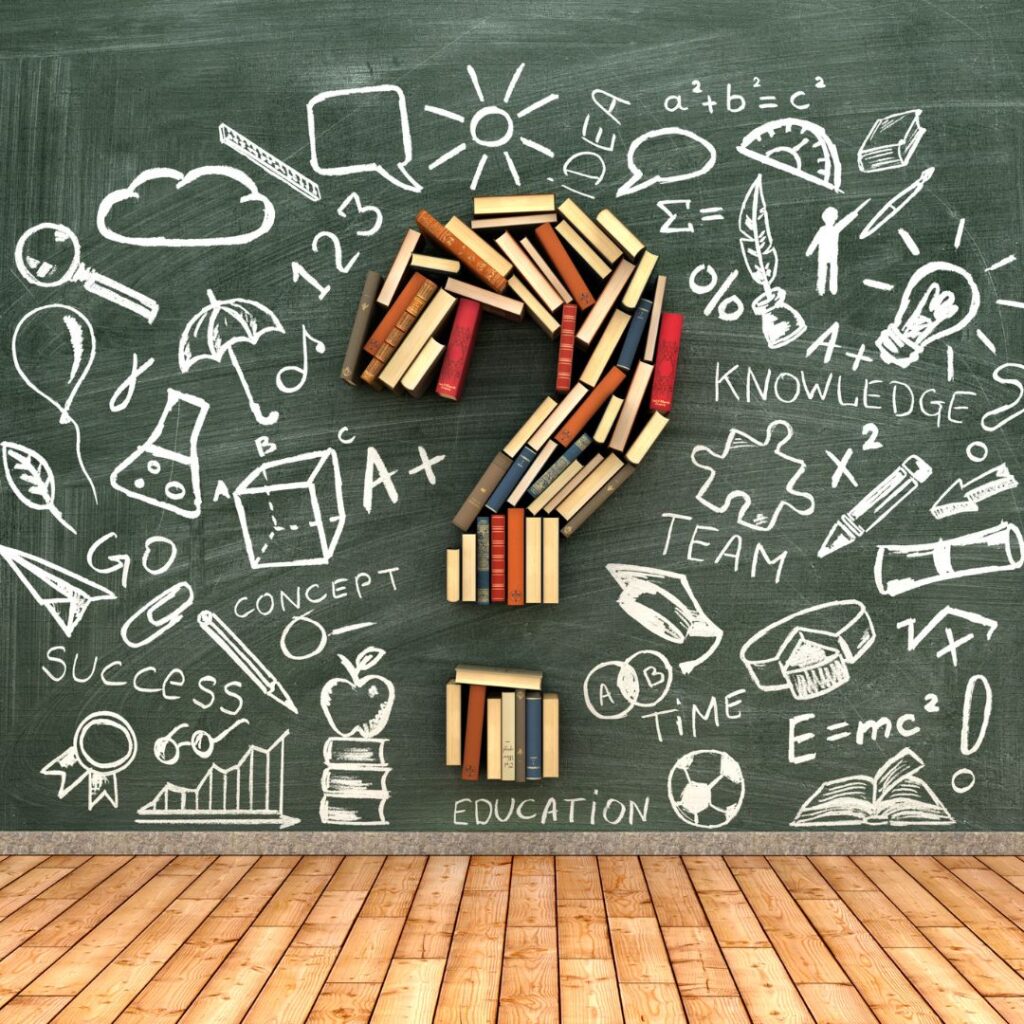
CHILDREN MISSING education
Children or learners who miss education are at significant risk of underachieving, bring victims of harm, exploitation or radicalisation and becoming not in education, employment or training later in life (NEET).
It is important to make us aware at Kiwi if a learner is not engaging in the training or attending their work placement. We can then explore reasons why this is happening and implement support.
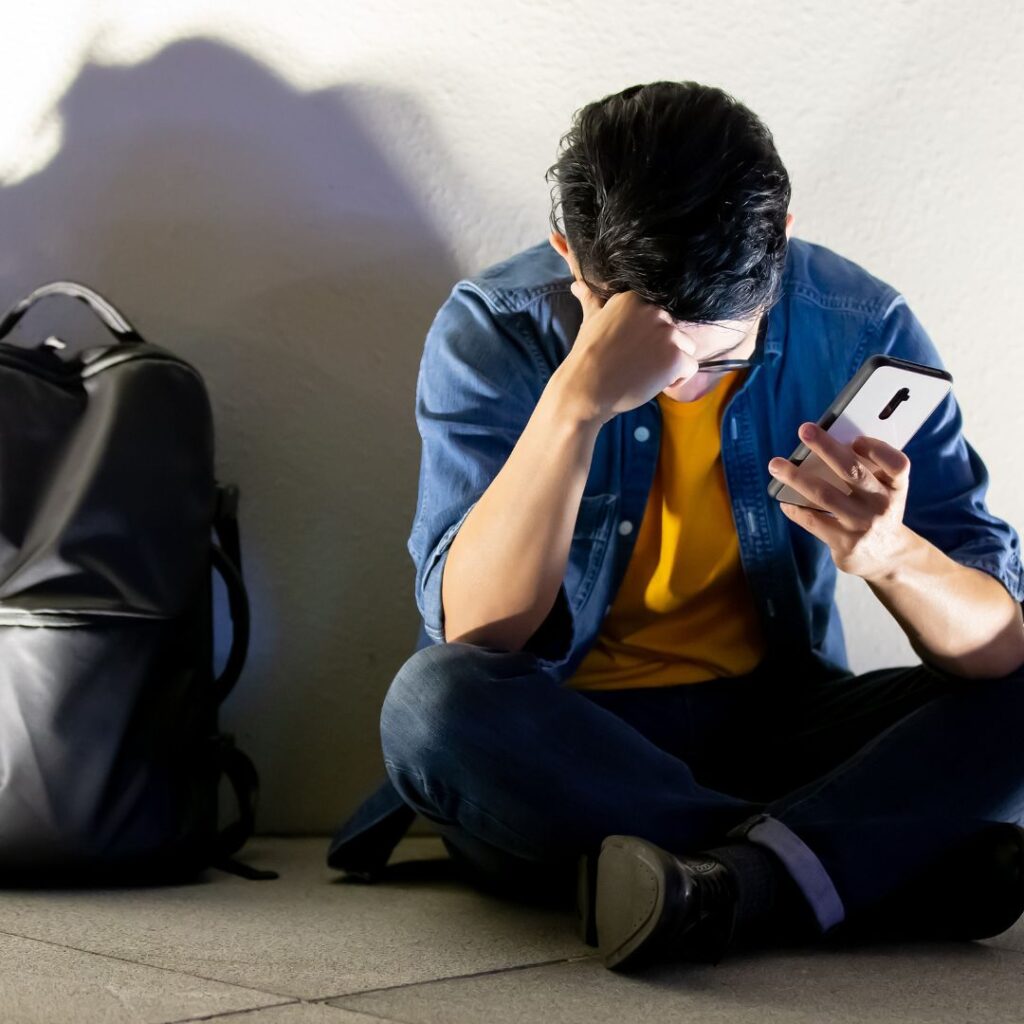
Cyberbullying
Cyberbullying is any form of bullying that occurs online and/or through electronic devices such as smartphones and tablets.
Cyberbullying includes sending, posting or sharing negative, harmful, false or malicious content about another person. This may involve sharing personal or private information about others, which may cause embarrassment or humiliation. Some cyberbullying crosses the line into illegal or criminal activity.

discrimination
Discriminatory abuse occurs when someone targets another and then treats that person(s) unfairly because of something different about them.
Everyone has the right to be free of prejudice and to have a fair chance in society.
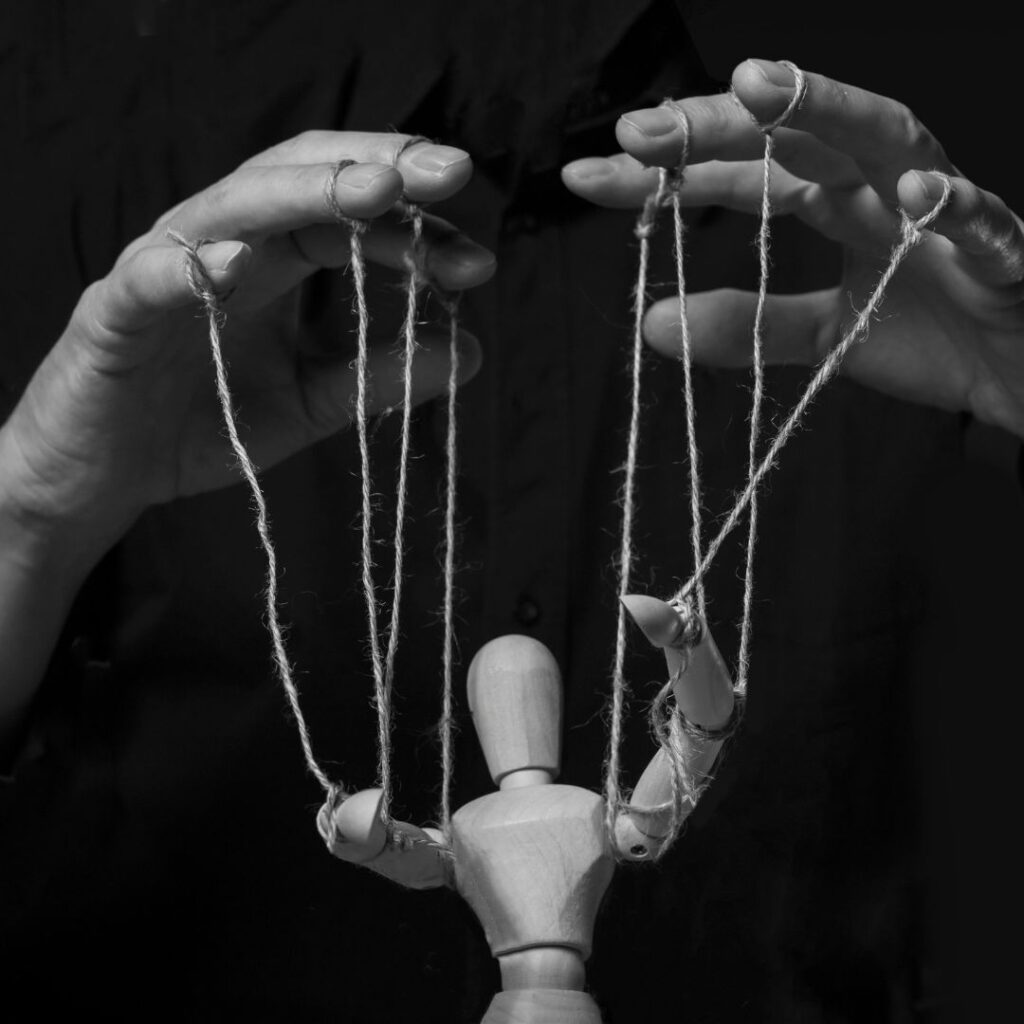
Exploitation
Exploitation is when someone uses power or intimidation against an individual or group to unfairly obtain something such as money, employment, or sexual gratification. Everyone is vulnerable to exploitation, especially those in positions of importance and trust.
Child sexual exploitation is a form of sexual abuse in which a child is sexually exploited for money, power or status. This may include violent, degrading or degrading sexual assault.
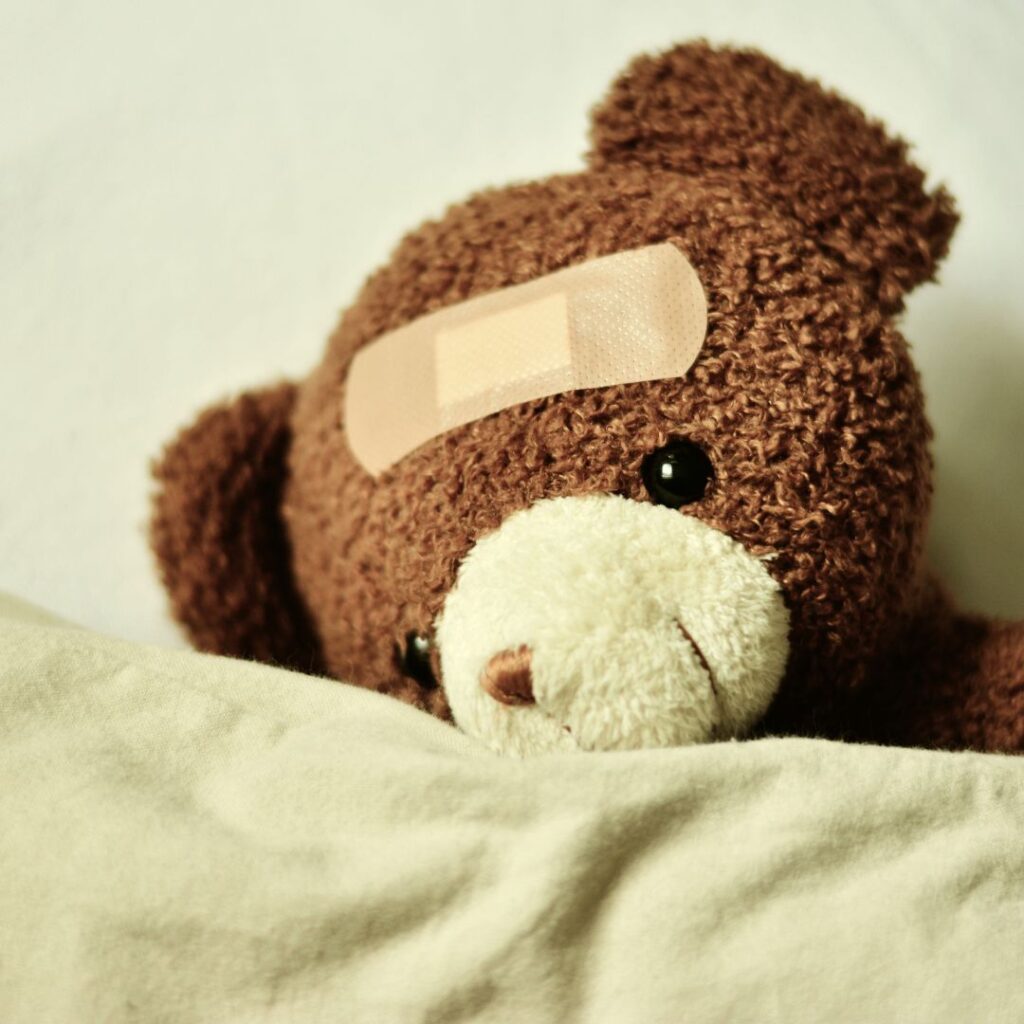
FABRICATED OR INDUCED ILLNESS
A rare type of child abuse is fabricated or induced illness (FII). It happens when a parent or caregiver, usually the child’s biological mother, exaggerates or intentionally causes illness symptoms in the child.
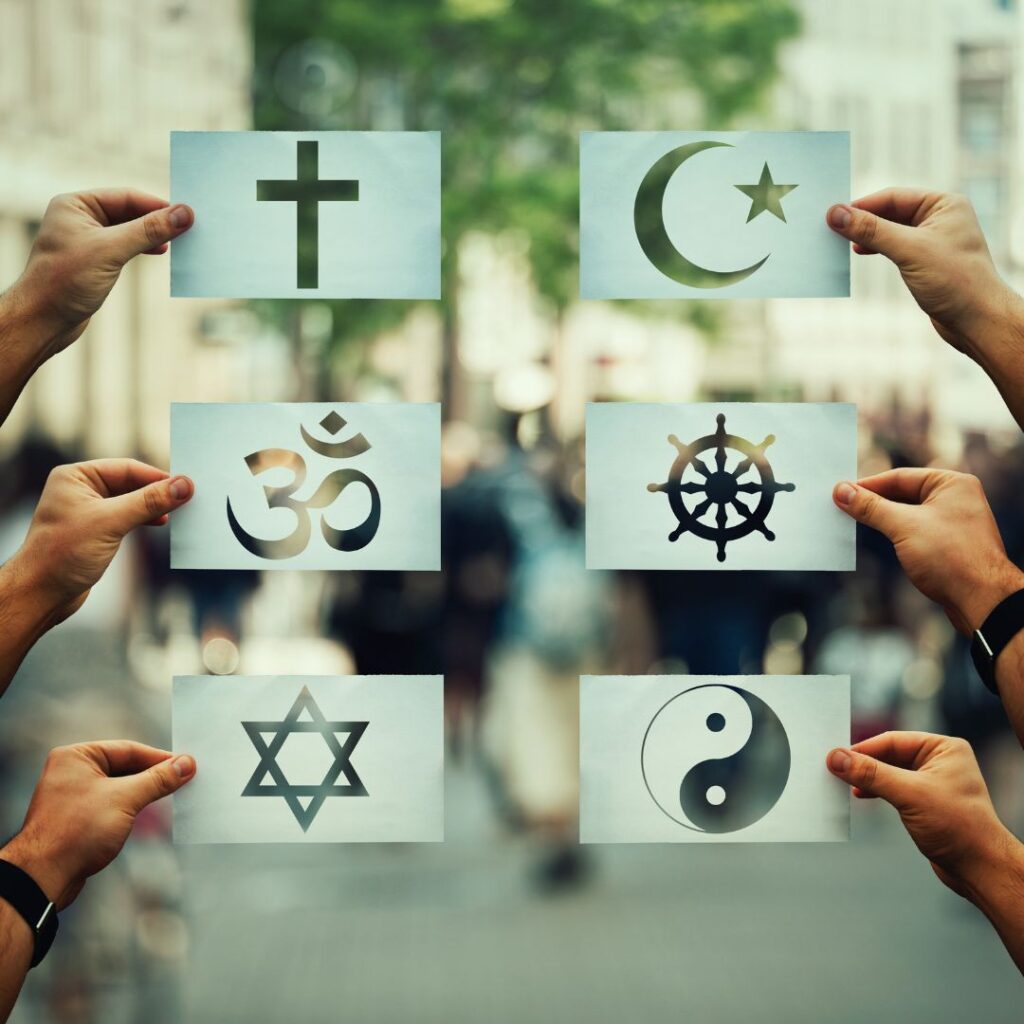
FAith abuse
Faith abuse, which includes practices relating to a belief in spirit possession and witchcraft is often a hidden crime which is under-reported but can have significant impact on children. Child abuse linked to faith or belief is not confined to one faith, nationality or ethnic community.
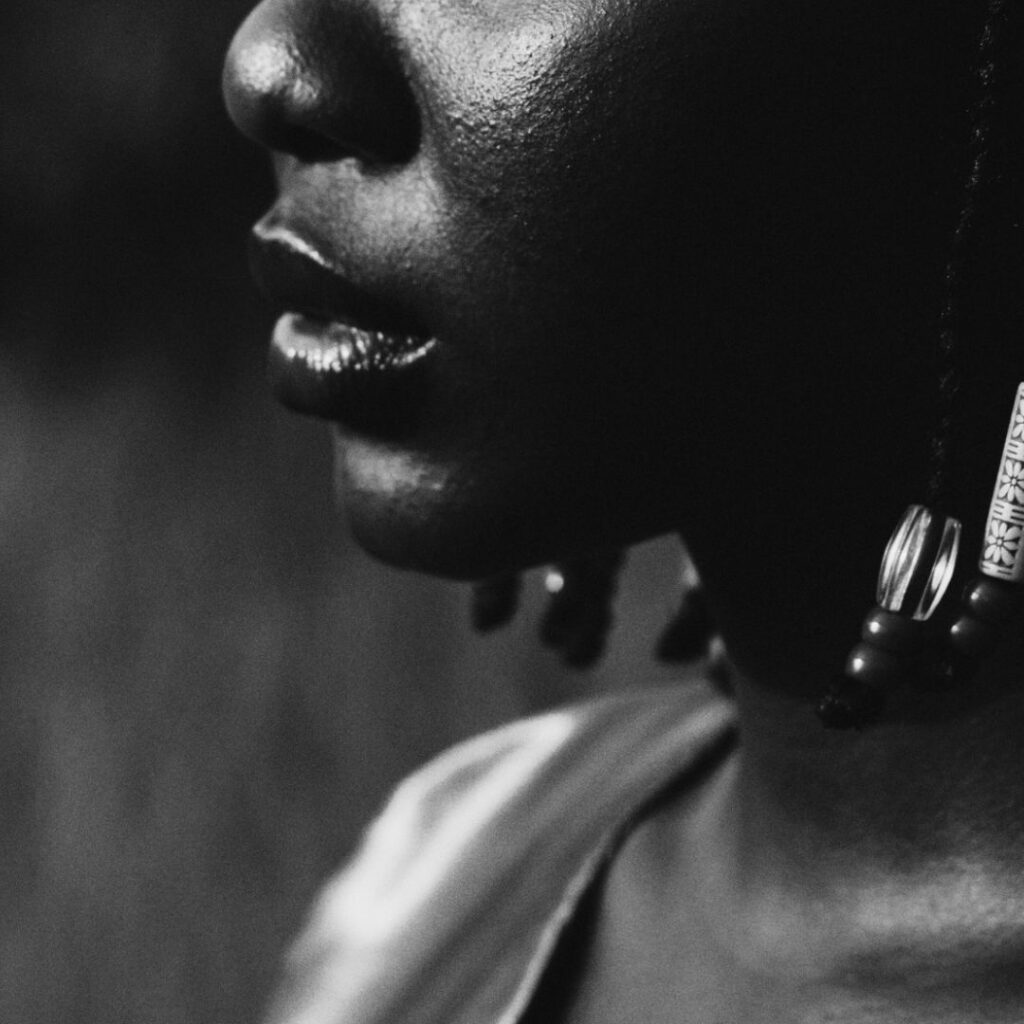
Fgm
Female genital mutilation (FGM) is a procedure that intentionally cuts, damages, or alters the female genitalia and has no medical purpose.
FGM is usually performed on a girl from infancy until she is 15 years old, and is most common before the onset of puberty. It is very painful and can seriously damage the health of women and girls. It can also cause long-term problems with sex, childbirth, and mental health.
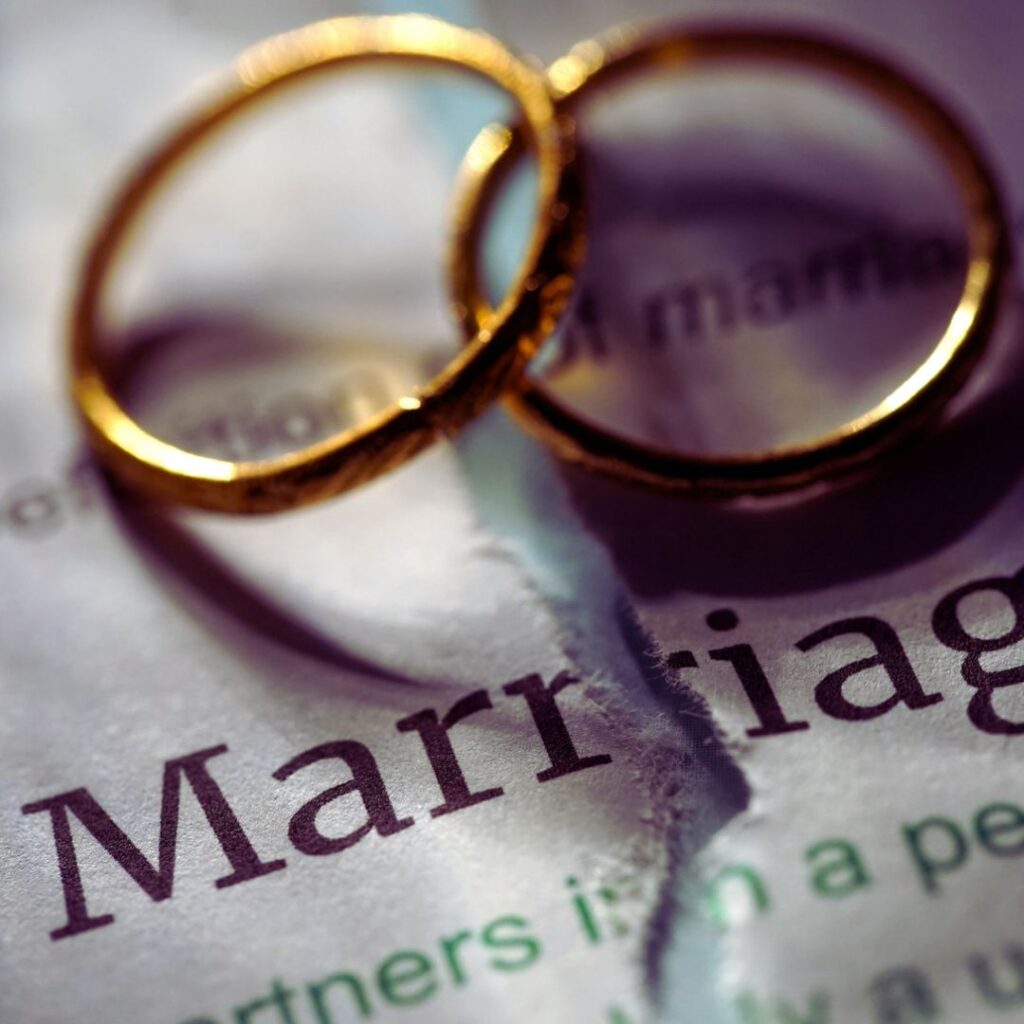
Forced marriage
You have the right to choose who to marry when to marry, or whether to marry.
Forced marriage occurs when there is physical pressure to marry (such as intimidation, physical or sexual violence) or emotional and psychological pressure (such as being made to feel humiliated by the family).
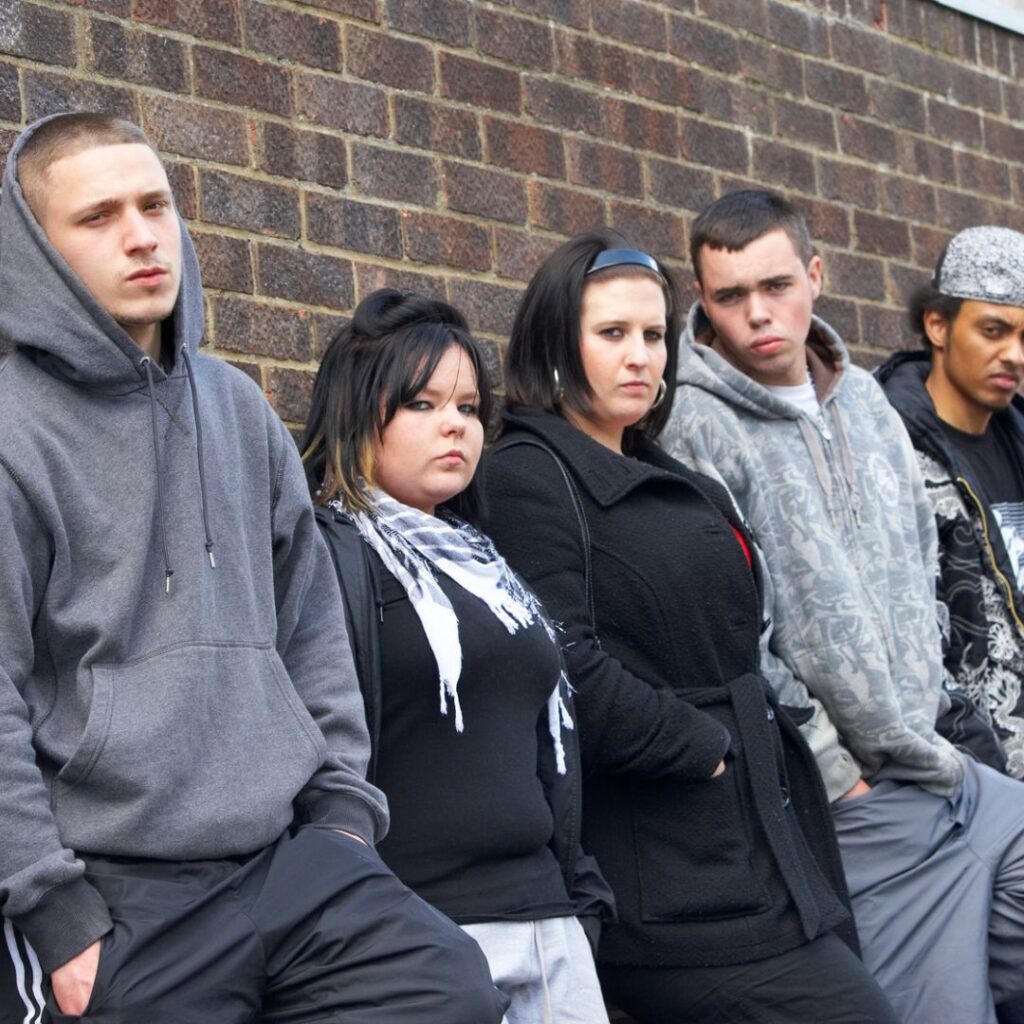
gang violence
A gang can simply be a bunch of friends who hang out together, but some gangs are also involved in criminal activity.
Gangs can be aggressive at times, engaging in fights with other gangs or carrying weapons. Tell someone if you’re being coerced into joining a gang.
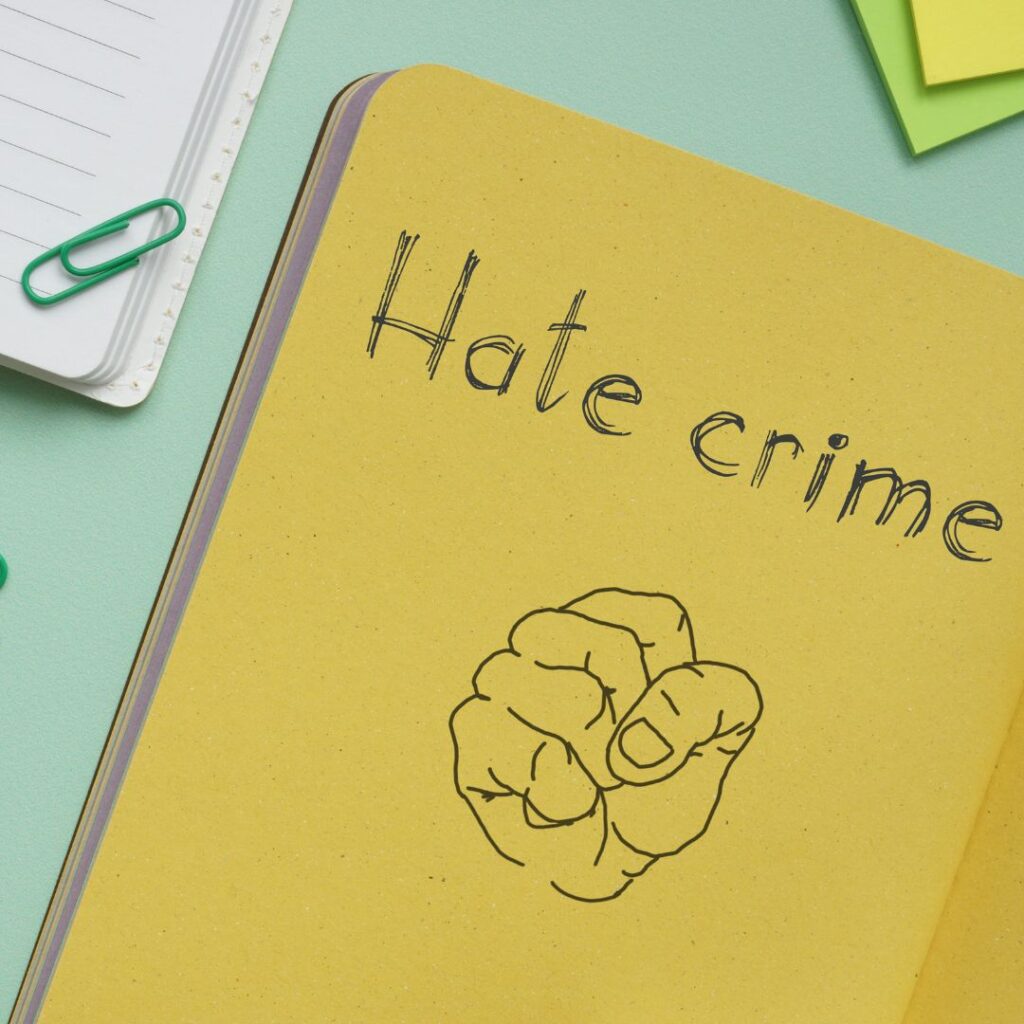
hate crime
Hate crimes are defined as “any crime perceived by the victim or other person and motivated by hostility or prejudice based on a person’s race or perceived race; religion or perceived religion; sexual orientation or gender; Perceptions of target orientation; offences motivated by hostility or prejudice against a disability or perceived disability, and persons who are or are perceived to be transgender.
A hate incident is any incident where the victim or someone else believes it is based on prejudice against another person because of their race, religion, sexual orientation, disability, or being transgender.
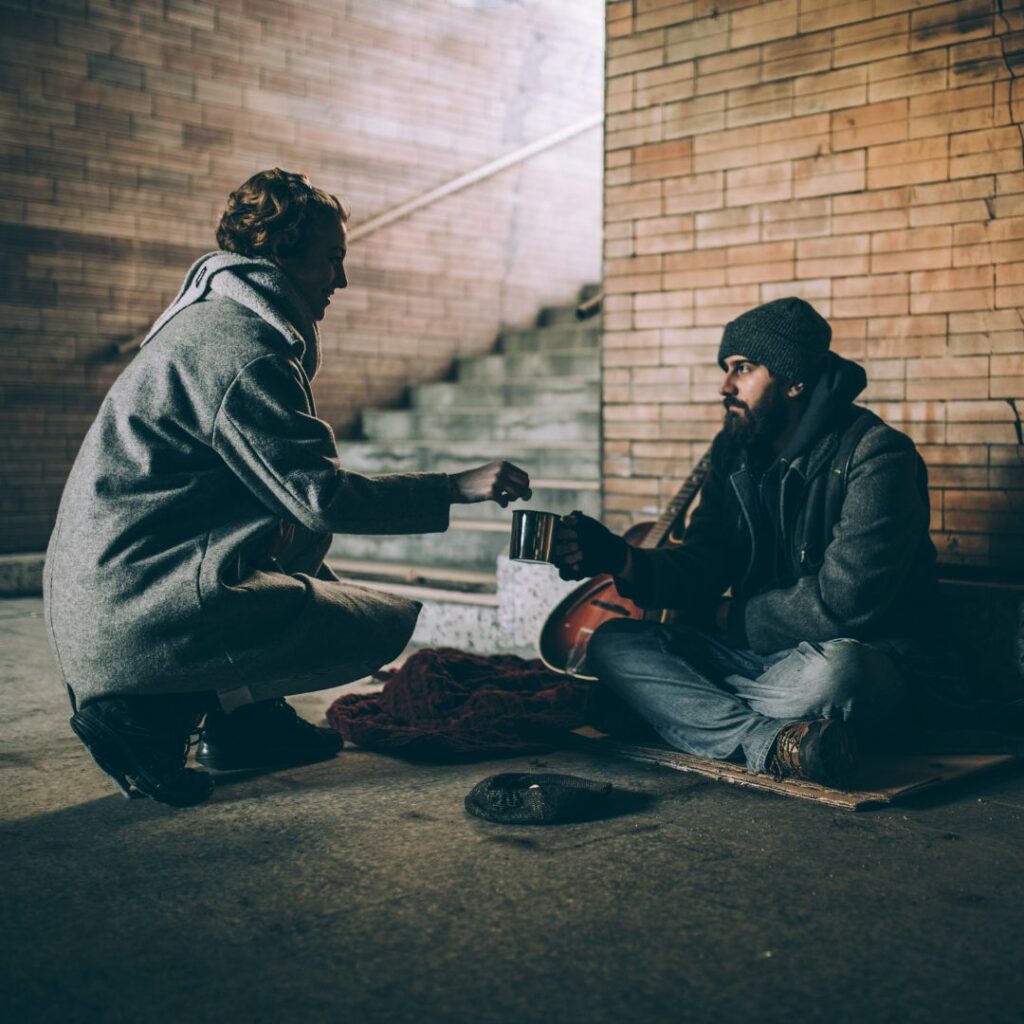
homelessness
The legal definition of homelessness is that a household has no home in the UK or anywhere else in the world available and reasonable to occupy. Homelessness does not just refer to people who are sleeping rough, and is not just a problem found in high-value housing markets such as London and the South East.
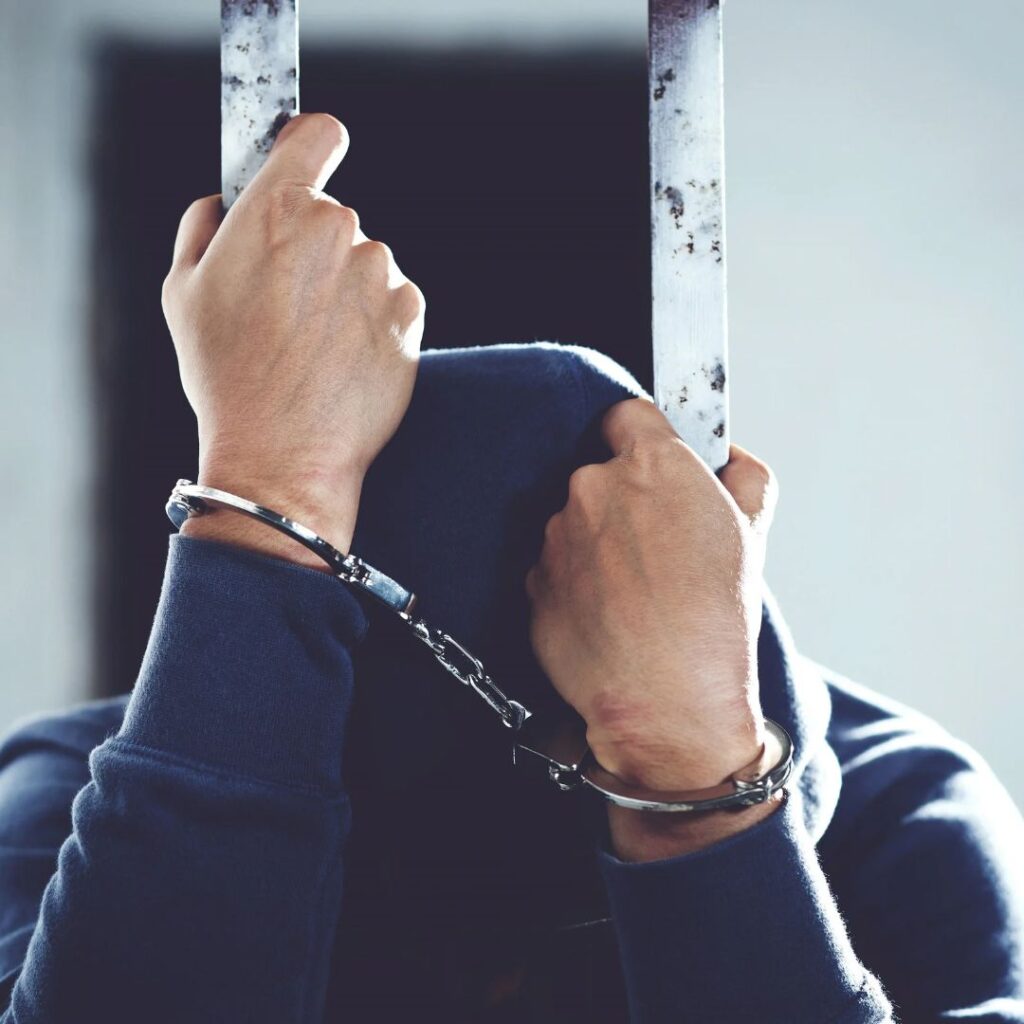
HUMAN TRAFFICKING
Human trafficking is the illegal transportation of persons by force, deception, or fraud with the goal of exploiting them through forced labour, sexual exploitation, or criminal behaviour.
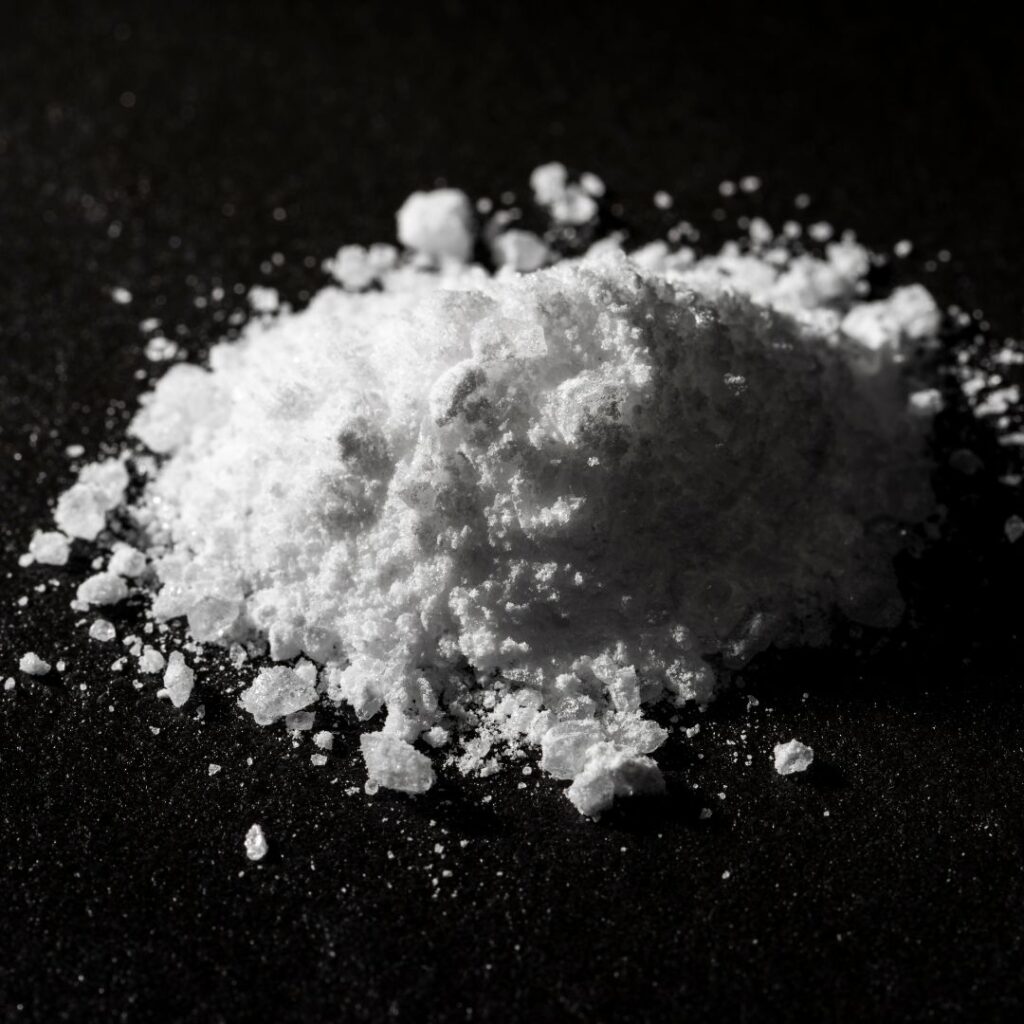
ILLEGAL DRUGS
Drugs classified as Illegal by the government are those whose sale or possession is prohibited. Illegal substances can have a negative impact on one’s physical and mental well-being and can develop physical and psychological addiction.
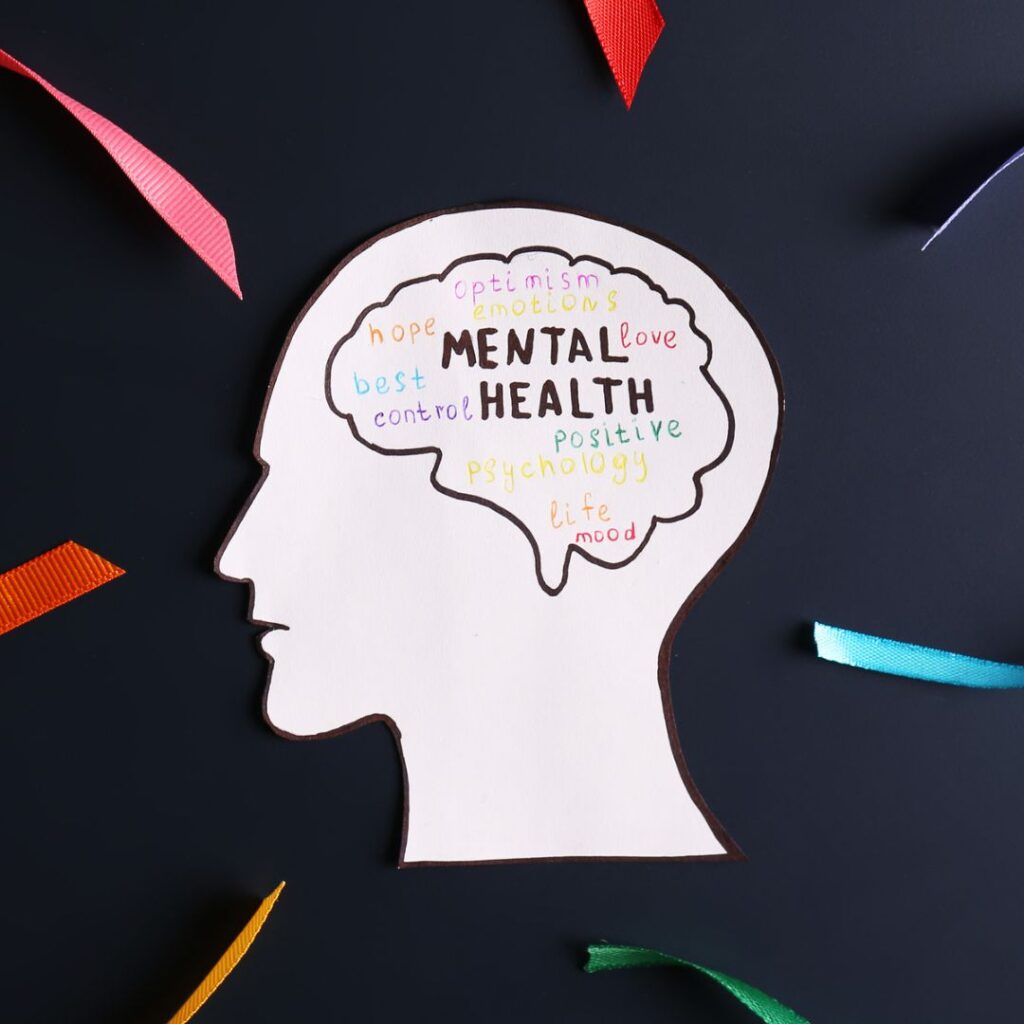
Mental Health
Mental illness can affect anyone at any time, whether it is a child, adult or the elderly. Examples of mental illness include depression and anxiety, but there are many others. Loss or separation, life changes, or traumatic events can affect our emotional well-being.
There is nothing shameful about feeling mentally ill or being diagnosed with it. People should seek help as soon as they feel that their mental health is preventing them from coping with their daily lives.

MONEY & FINANCES
Money worries and financial instability can cause significant stress and anxiety for individuals and families.
Various factors, including job loss, unexpected expenses, and high debt levels, can cause financial instability. It can lead to many negative consequences, including difficulty paying bills on time, reduced access to credit, and strained relationships.
Seeking assistance from financial professionals or support groups can also help navigate these challenges.
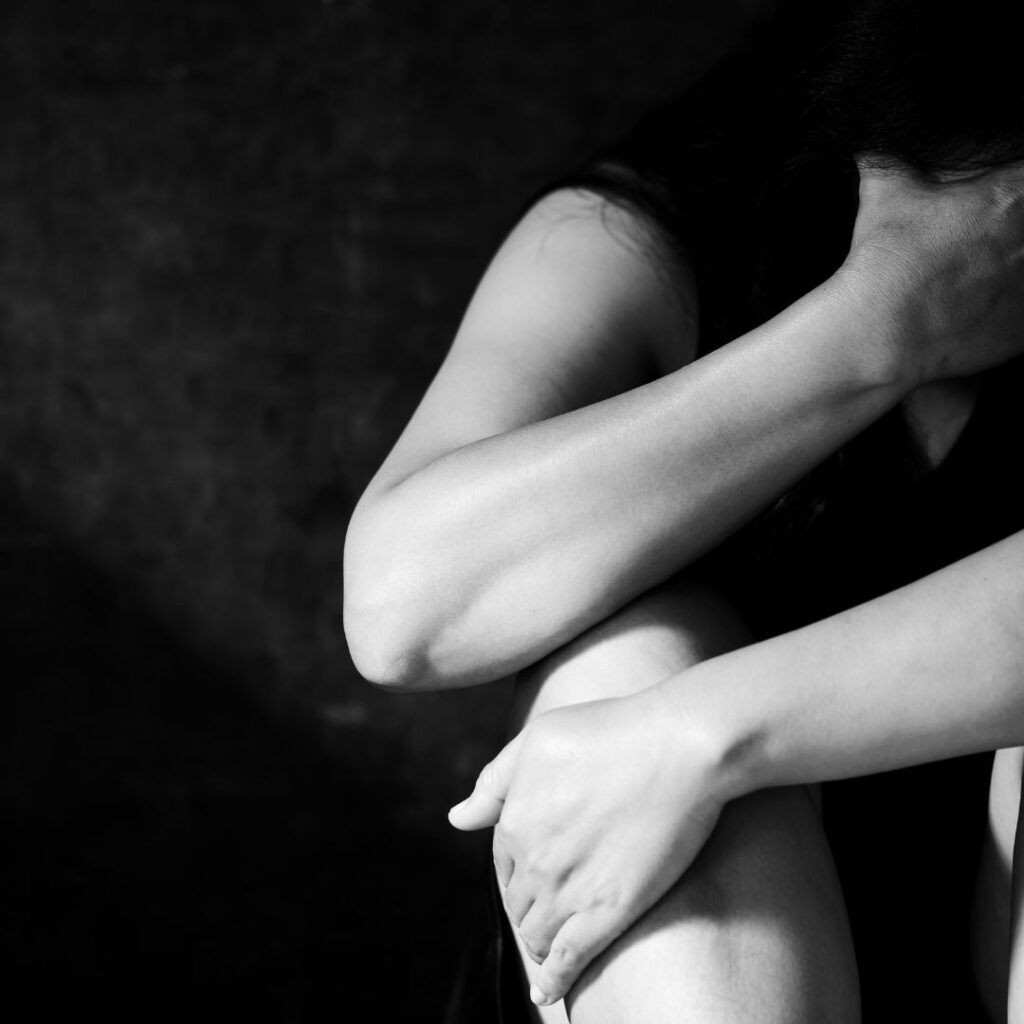
RELATIONSHIP ABUSE
Relationship abuse is an incident or pattern of incidents involving the use of controlling, intimidating, violent, or threatening behaviour towards intimate partners or family members.
Relationship abuse does not always involve violence, it can be emotional, psychological, financial, or sexual and can involve threats, isolation, humiliation, and intimidation.

RELATIONSHIPS AND SEX
From an early age, we learn about love and relationships through our friendships and familial interactions, and as we get older, we learn about them through books, television, movies, popular music, and social media.
These idealized views of love and relationships may be problematic because they don’t always reflect the reality of these matters. The minority of people who find their “one” early in life and go on to enjoy good, long-term relationships together may find these messages useful. For everyone else, though, they might be more detrimental than beneficial and could change how we feel about ourselves.
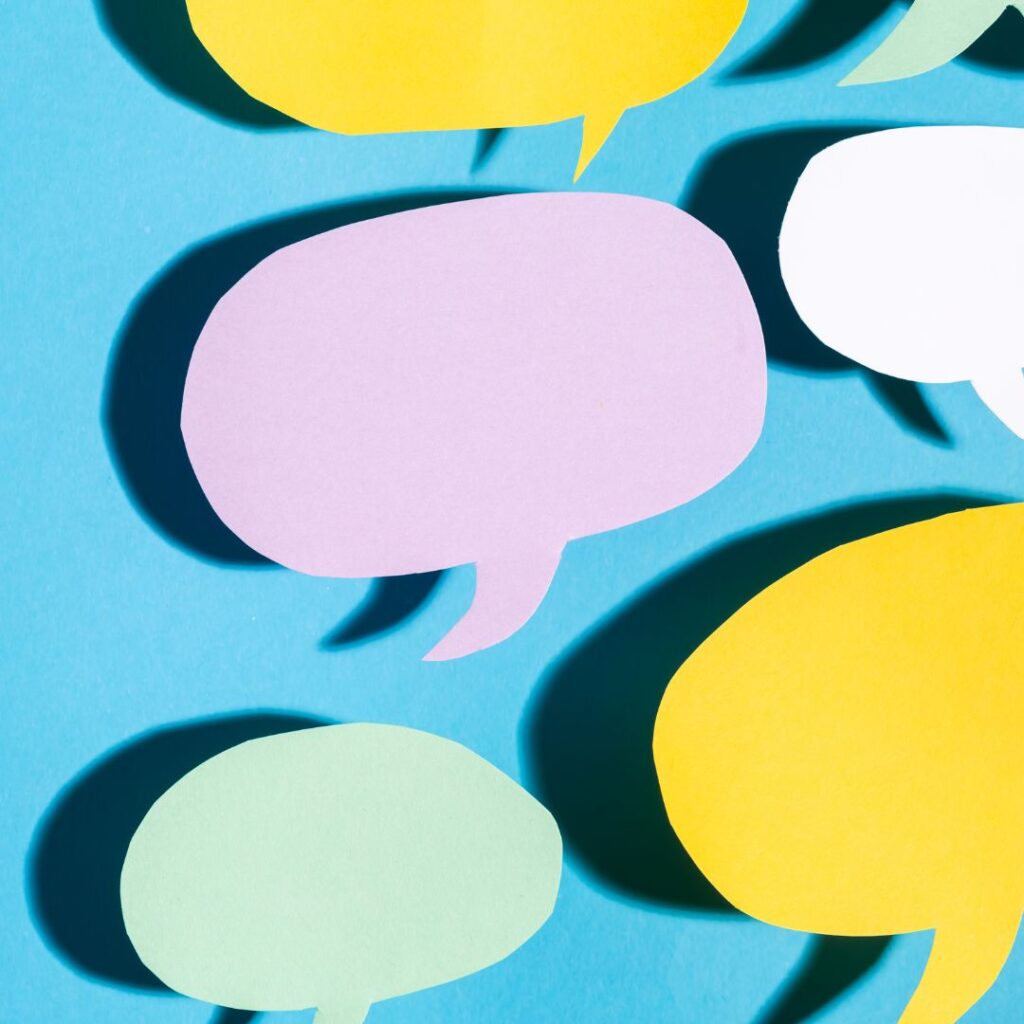
SEXTING
Sending or receiving sexually explicit content via a messenger platform on any electronic device to another person deems what is sexting chat.
The practice is not unlawful as long as each participant is a consenting adult and neither abuses that material. If one person is under the age of 18, the act can deem sexual exploitation or child pornography carrying criminal charges.
In phone sexting, the hope usually is that it’s something from a significant other. Seeing sexting messages or sexting pics sends waves of excitement through the body, causing the brain to race with thoughts.
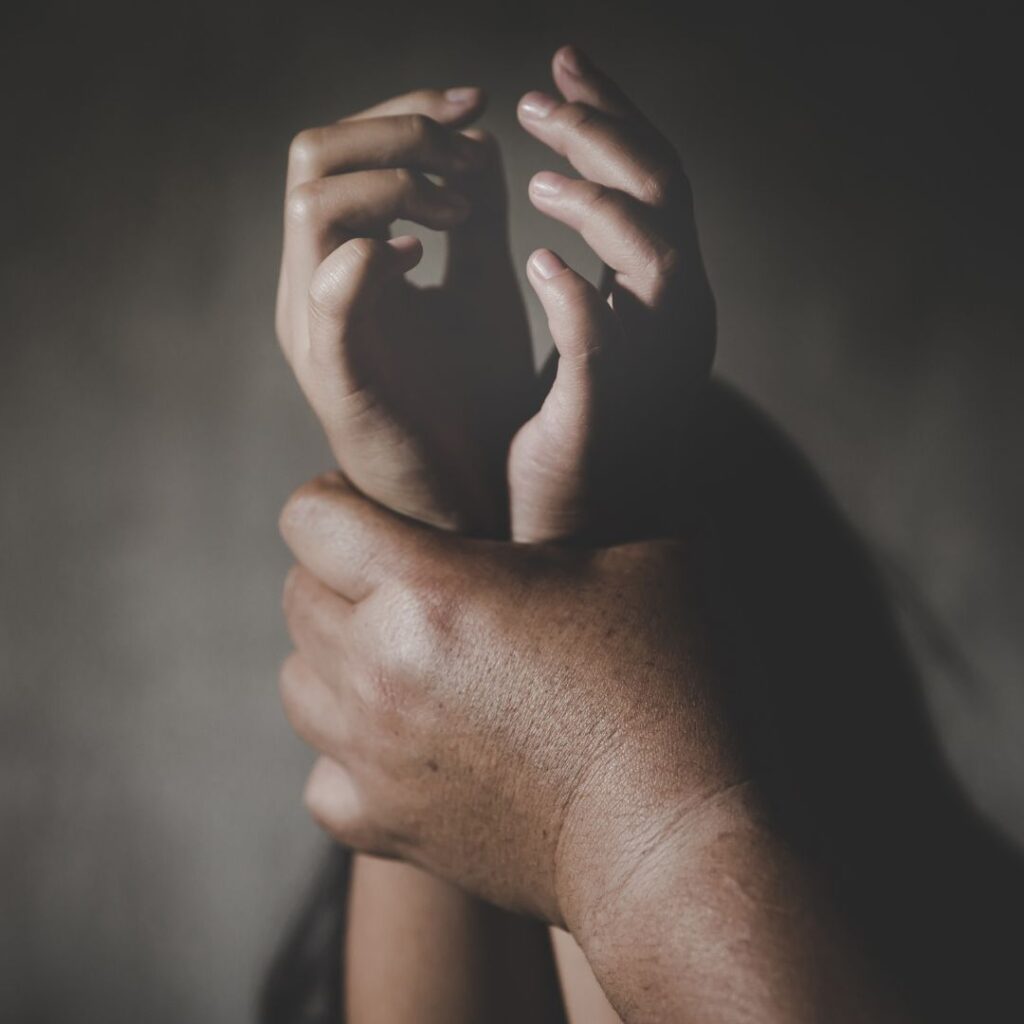
VIOLENCE
Violence is being physically aggressive and wishing to cause damage. This might come from a friend, spouse, or family member with whom you are personally connected.
It’s a violent crime or incident that may have been committed to preserve or uphold the honour of the family or society is referred to as a “honour-based violence” incident.
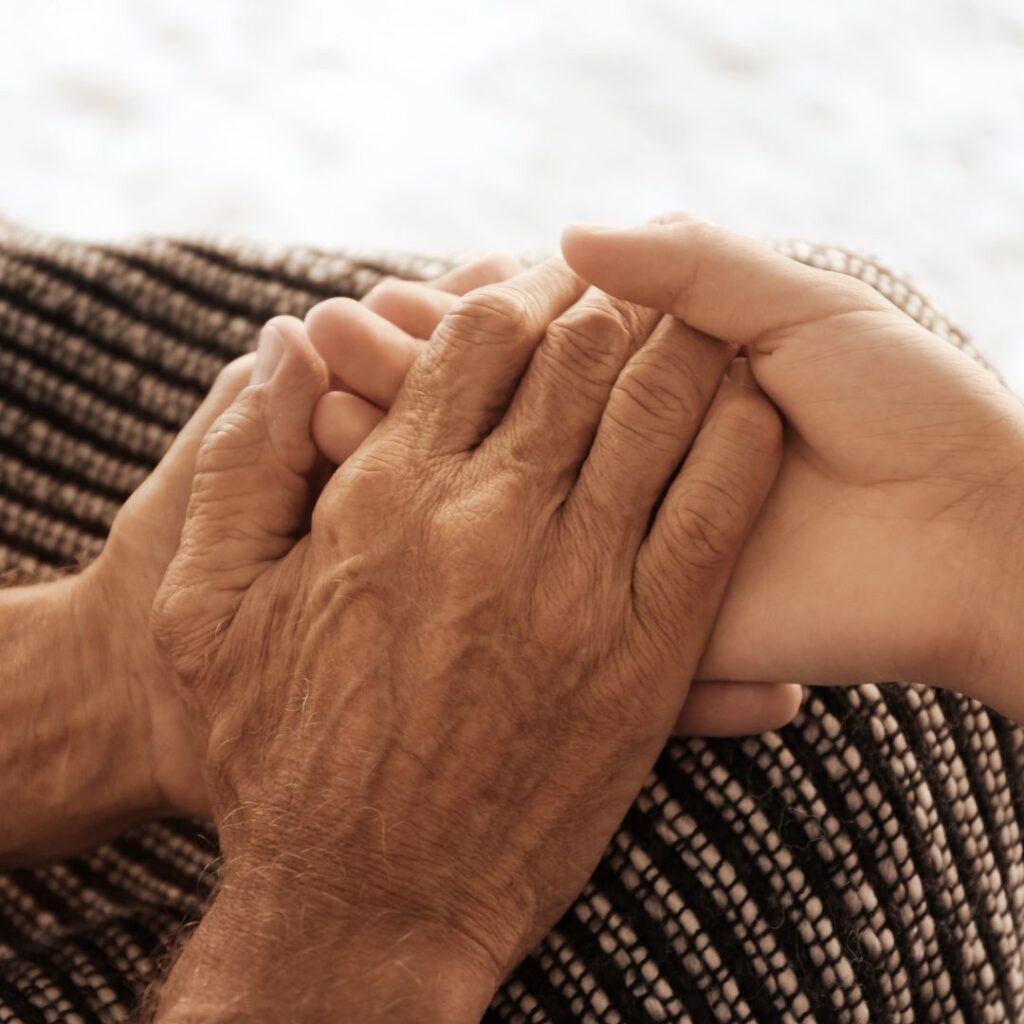
young carer
A young carer is someone under the age of 18 who assists in the care of a relative who has a disability, illness, mental health condition, or a drug or alcohol problem.
If you are a young carer, you most likely look after one of your parents or a sibling. You could help out around the house by cooking, cleaning, or assisting someone to get dressed and move around.
You could also provide a lot of physical assistance to a disabled or ill brother or sister. Along with doing things to help your brother or sister, you may also be providing emotional support to them and your parents.
